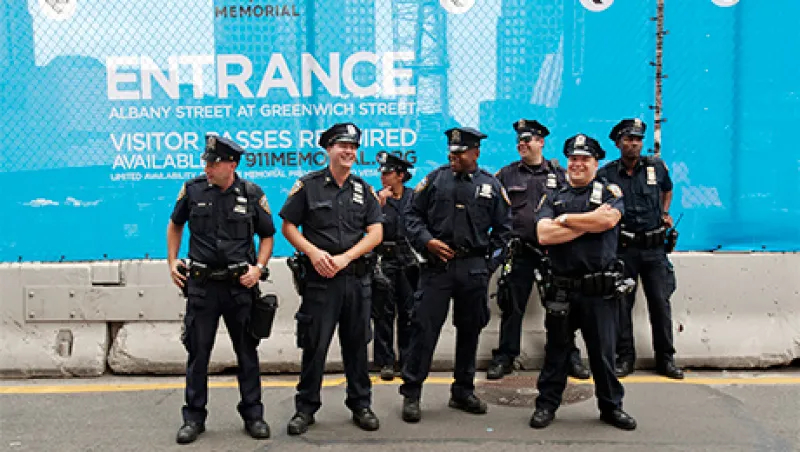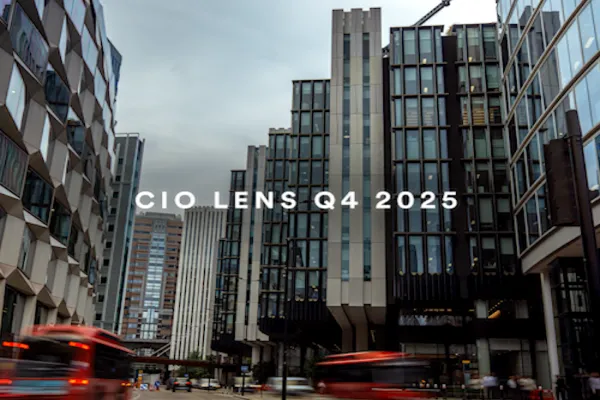It is a controversial, niche market of the hedge fund industry: providing up-front funds, in return for repayment plus interest, for people entitled to a legal settlement. Now the New York Attorney General and the Consumer Financial Protection Bureau are saying that one litigation finance hedge fund firm, RD Legal Funding, its related entities, and its owner, Roni Dersovitz, went too far.
In a lawsuit filed in Manhattan federal court on Tuesday, the agencies accused the parties of scamming people entitled to medical and other compensation as a result of the September 11, 2001, terrorist attacks on the World Trade Center, as well as former NFL players entitled to compensation for life-changing concussions they received in pursuit of their sport.
“The alleged actions by RD Legal — scamming 9/11 heroes and former NFL players struggling with severe injuries — are simply shameful,” New York attorney general Eric Schneiderman said in a statement announcing the suit. “It is unconscionable that RD Legal scammed 9/11 heroes and NFL concussion victims out of millions of dollars,” added CFPB director Richard Cordray.
Schneiderman’s office alleges that RD Legal violated New York state’s anti-usury law. The complaint argues that the transactions were loans, charging rates as high as 250 percent. Under New York state law, contracts that charge more than the maximum usury rate — 16 percent for civil usury and 25 percent for criminal usury — are void.
New York-based RD Legal was formed by former plaintiffs attorney Dersovitz in 1998. It came about, according to the firm’s website, after Dersovitz “realized that the key to his firm’s success depended not only on how he handled his cases, but also on how he handled his cash. However, he found he was constantly facing cash flow issues that his bank did not understand and could not address with existing products.” According to the firm’s 2014 ADV filing with the SEC, its most recent, RD Legal had $150 million in assets under management.
Last July the Securities and Exchange Commission charged RD Legal Capital and Dersovitz with fraud, accusing them of misrepresenting the type of assets under management in two of its funds. According to the SEC, “RD Legal Capital, LLC and Roni Dersovitz marketed RD Legal-branded funds as opportunities to invest in receivables connected to attorneys’ fees for settled litigations. In fact, Dersovitz and RD Legal invested a majority of the funds’ money in unsettled cases, cases unaffiliated with any law firm, and other cases for which collection was still subject to significant litigation risk.”
With regard to the claims brought by the New York attorney general and CFPA announced this week, the funds had been promised; at issue is how the funds and Dersovitz treated the beneficiaries to whom they were advancing the cash. According to the complaint, many of the consumers who had been approved for awards from the Zadroga Fund — a 9/11 victim fund — “suffer from respiratory illnesses and cancers related to their exposure to dust and debris at the World Trade Center site. Many also report diagnoses of post-traumatic stress disorder, depression, anxiety disorder, and memory loss.” While “consumers who were plaintiffs in the NFL class-action lawsuit are former players who have been diagnosed with neurodegenerative diseases such as chronic traumatic encephalopathy (“CTE”), Alzheimer’s, or Parkinson’s disease. A settlement fund was approved by a court in 2015.” The suit also accuses RD Legal of falsely claiming to consumers that it was expediting the process of obtaining award payments and cutting through red tape.
The New York attorney general and the CFPB also accuse RD Legal of violating the Dodd-Frank Wall Street Reform and Consumer Protection Act’s prohibition on deceptive and abusive acts and practices as well as New York State civil and criminal usury laws. A lawyer for RD Legal did not immediately return a call requesting comment.






